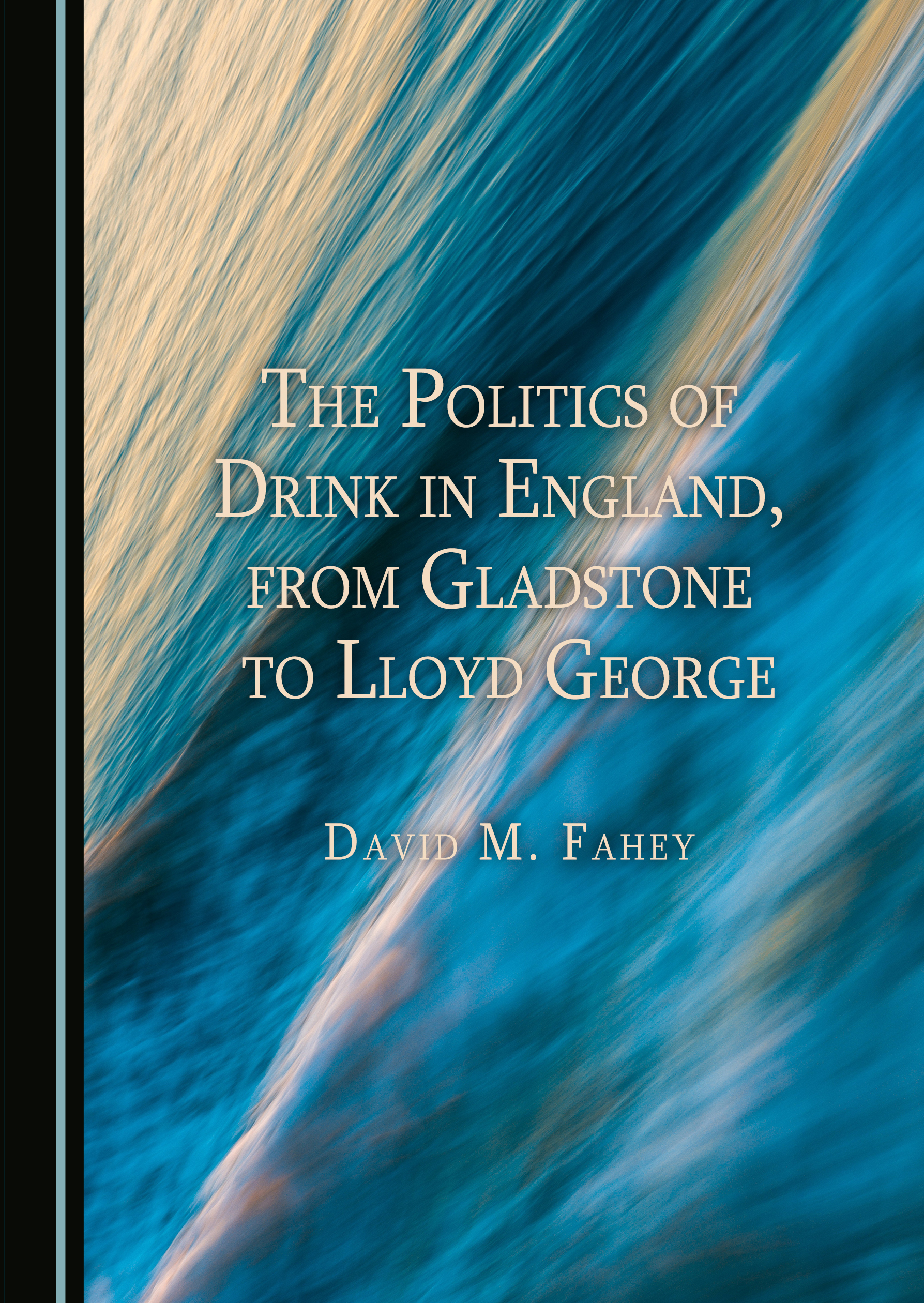The Politics of Drink in England, from Gladstone to Lloyd George
This book is about alcoholic drink, political parties, and pressure groups. From the 1870s into the 1920s, excessive drinking by urban workers frightened the major political parties. They all wanted to reduce the number of public houses. It was not easy to find a way that would satisfy temperance reformers, many of them prohibitionists, and the licensed drink trade. Brewers demanded compensation when pubs were closed, but temperance reformers were vehemently opposed to this.
The book highlights a prolonged struggle of vested interests and ideologies in this regard, showing that a Royal Commission in 1899 helped break the stalemate. In a controversial deal, brewers got compensation, but they had to pay for closing some of their own pubs. Later, during the First World War, the government experimented with an alternative to closing public houses, disinterested or non-commercial management, and considered State Purchase of the entire drink trade.
David M. Fahey is Professor of History Emeritus at Miami University (Ohio). He previously served as President of the Alcohol and Temperance History Group and received a lifetime achievement award from its successor, the Alcohol and Drugs History Society. Specializing on temperance and drink in England and America, he published many articles and books, such as “Temperance and the Liberal Party–Lord Peel’s Report, 1899” in Journal of British Studies (1971), "Brewers, Publicans, and Working Class Drinkers: Pressure Group Politics in Late Victorian and Edwardian England" in Histoire sociale (1980), Temperance and Racism: John Bull, Johnny Reb, and the Good Templars (1996), and Temperance Societies in Late Victorian and Edwardian England (2020). He has also contributed to the Oxford Dictionary of National Biography and the Biographical Dictionary of Modern British Radicals, and co-edited two alcoholic drink historical encyclopedias
"The footnotes and bibliography make this a crucial volume for scholars looking at the history of drink in England."
R. J. Bates Berea College
"In The Politics of Drink in England, from Gladstone to Lloyd George, David M. Fahey explores a volatile 50 years in the political history of alcohol in England. Stretching from the 1870s to the 1920s, Fahey’s work explores various debates between political parties and the outside pressure groups that thrived during the period. As its title suggests, The Politics of Drink firmly centers on Parliament, party leaders and these pressure groups, all of which contributed to contemporary discourses about drink. Representing a valuable contribution to the current historiography, Fahey bills it as a sequel to Brian Harrison’s Drink and the Victorians. Some might also see it as a useful companion piece to Dingle’s work on late-nineteenth century temperance and politics. More broadly, Fahey’s work also enhances recent research on drink and politics—including the work of Henry Yeomans, James Nicholls, and John Greenaway—by focusing on the persistent struggle that faced prohibitionists in their attempt to influence legislation. […] one should […] stress the sheer amount of material consulted for this book, which is impressive, as well as the great enthusiasm for and knowledge of the topic, which suffuses it."
Craig Stafford University of Liverpool, UK, in The Social History of Alcohol and Drugs 37: 2
Buy This Book























